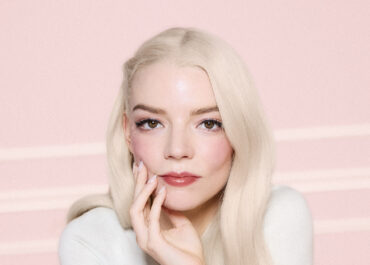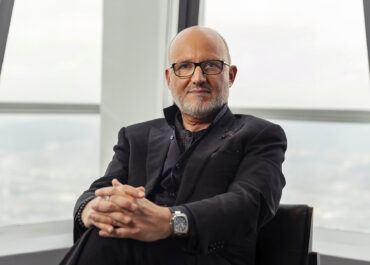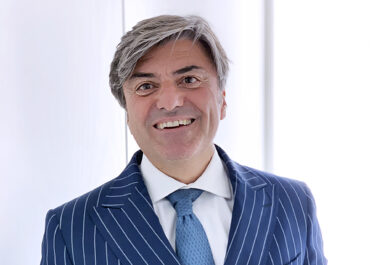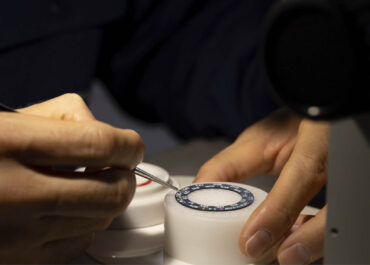Three-time Olympian and former speed skater Sarah Lindsay has led an impressive athletic career with numerous accolades, including a European gold medal, two world silver medals, and an incredible ten British speed skating titles.
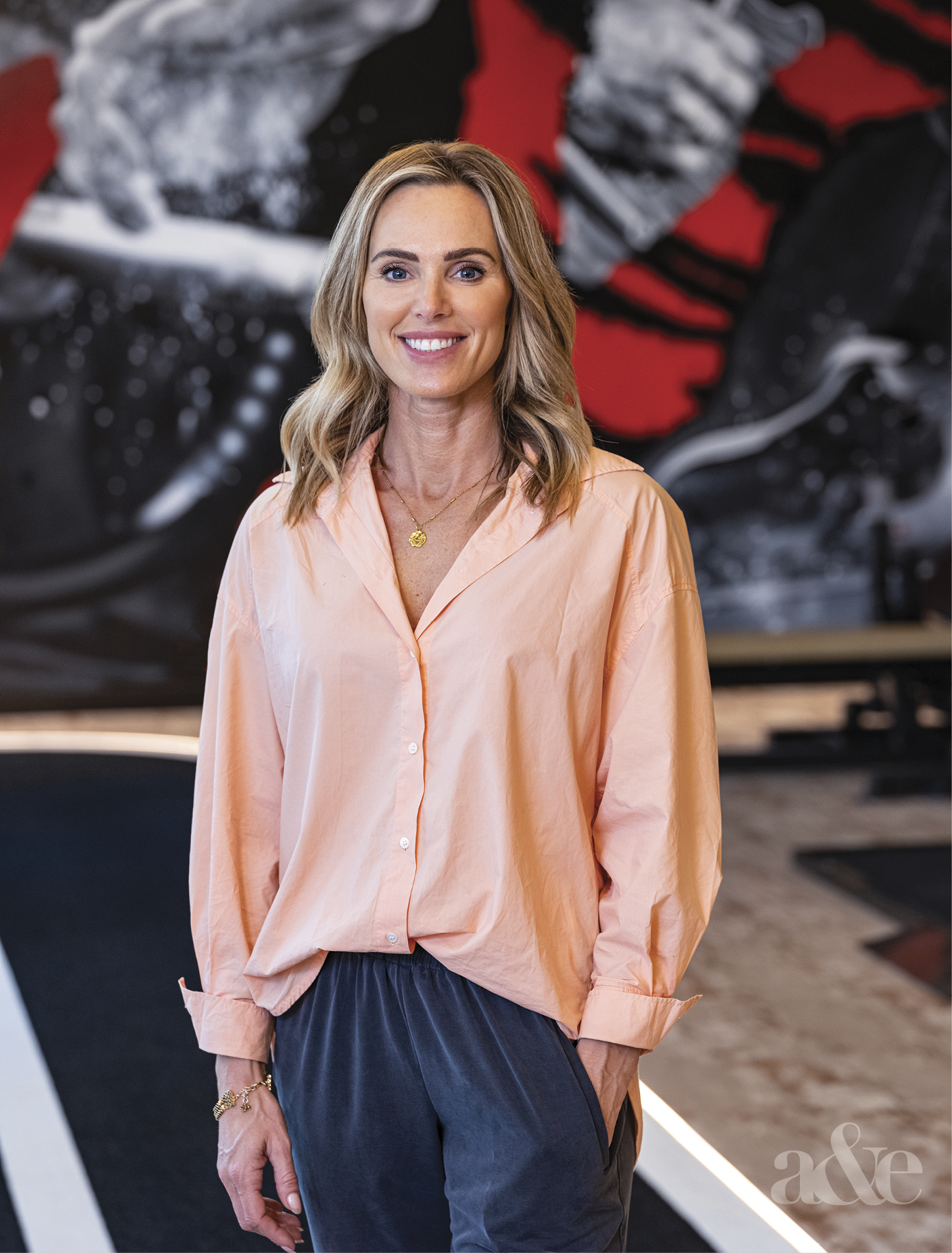
As an Olympian, Lindsay’s achievements on the ice not only brought her international recognition but also instilled in her a deep understanding of discipline, resilience, and the importance of pushing beyond limits. In 2002, Lindsay decided to work towards qualifying as a personal trainer. However, it wasn’t just her experience in the world of elite sports that set her apart; it was her determination to inspire others to achieve their full potential. Over the past two decades, she has become one of the most recognised celebrity personal trainers. Through her winning fitness, she has trained many well-known A-listers including Ellie Goulding, Nick Grimshaw, Mel B, Pixie Lott, Christine Lampard, Professor Green, and Piers Morgan.
Lindsay’s first big success in personal training came with the launch of ROAR, a personal training gym in London, which has since expanded to four locations, with her most recent ROAR outpost opening in Dubai in 2023. Lindsay’s impact is not just in the physical transformations she facilitates but in her ability to inspire others to push past their limitations and discover the empowering benefits of physical strength. As we look ahead to 2025, Lindsay offers insight into her own fitness practice, and offers tips on how to be successful in your fitness goals this New Year and beyond.
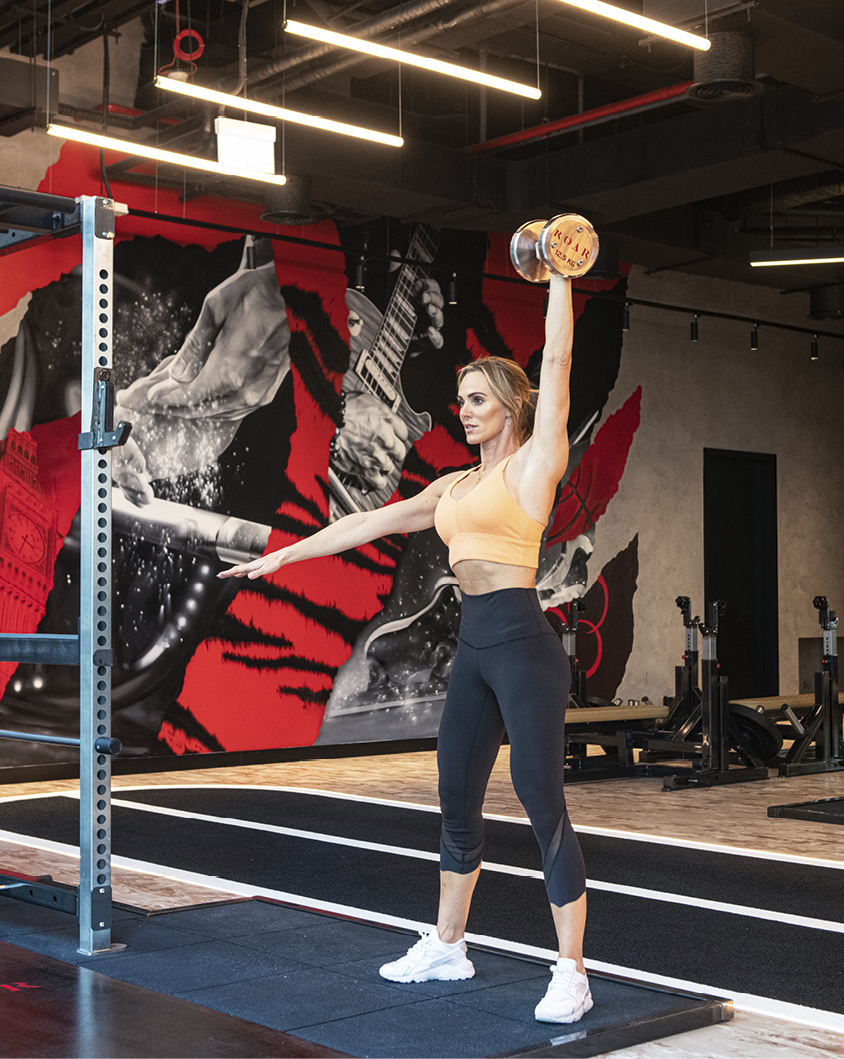
Please tell us a little about your journey in the world of sport and fitness so far.
It started as a young child taking part in every local sports club my parents could find. I was a very hyperactive child, so I needed sport to help run off some energy. Gymnastics, athletics, swimming, horse riding and ice skating were my regular clubs. One morning when I was figure skating, someone was talent spotting from the Aldwych Speed Skating Club and asked if I wanted to try out something a little faster. I was instantly hooked. I progressed fast and won British titles at junior level and started racing internationally around the age of 10 years old. I made the Senior National Team at 15 and started training full time when I left school. I competed in three Olympic Games, won a World Silver, European Gold and 10 British titles before retiring in 2010. I started personal training and was the S&C coach for the British figure skating team. I opened my first London gym in 2013 under a different brand and we opened our first ROAR London gym in 2016. We have since opened two more London sites in the City and Kensington and in January 2023 we opened our first ROAR Dubai gym in Downtown Dubai.
How has your experience as an Olympian shaped your philosophy on fitness and training, and in particular at your company ROAR Fitness?
As an athlete I had a team of people looking after me, so I really understand the importance of being surrounded by the right people with the right expertise if you want the best results. I am naturally very goal oriented and have a lot of experience in this area which is of course helpful for clients who also come in wanting to achieve big things.
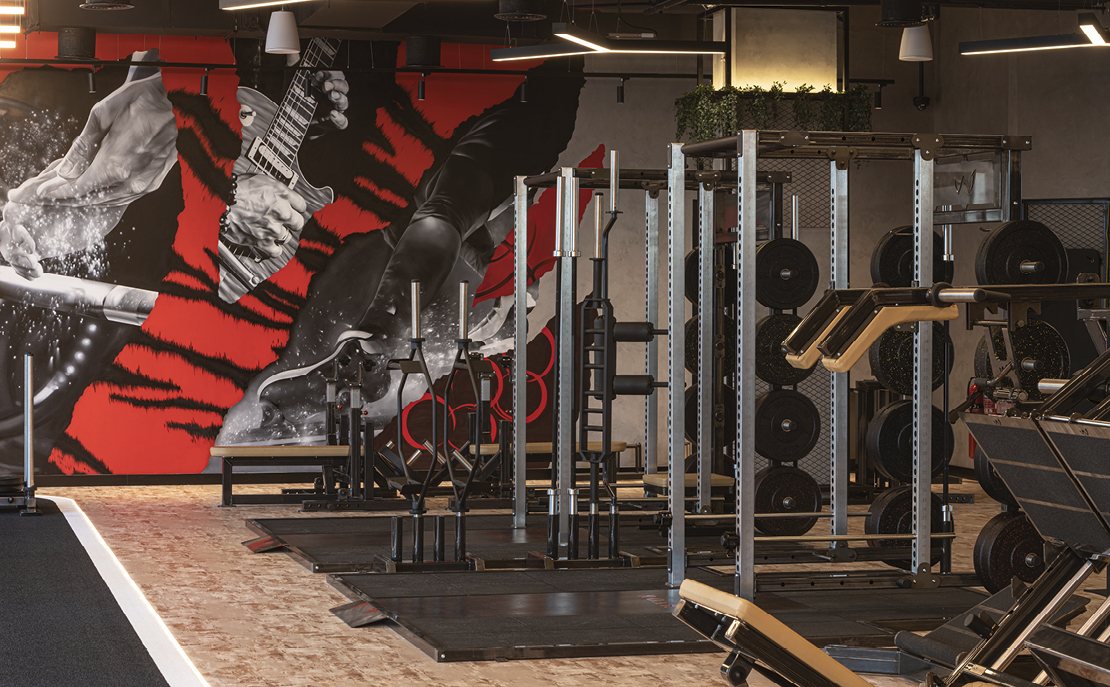
As an Olympian, you faced incredible challenges – what did those experiences teach you about overcoming obstacles in fitness?
I think I’m good at not worrying about things that are out of your control. Set a goal, make a plan, stick to it and keep measuring your progress to make sure you’re on track. When things go wrong you have to reevaluate and maybe make a new plan, but it’s all part of the journey – nothing in life runs 100 percent smoothly all the time. It’s not meant to, so embracing challenges is where the real wins happen.
What are some of the biggest lessons you learned about consistency and resilience during your athletic career that you incorporate into your own fitness routine?
Again, I believe it’s about showing up even when you don’t want to. I don’t just mean physically showing up but being able to get your head in the game and work hard and get the most out of your session no matter how you feel.
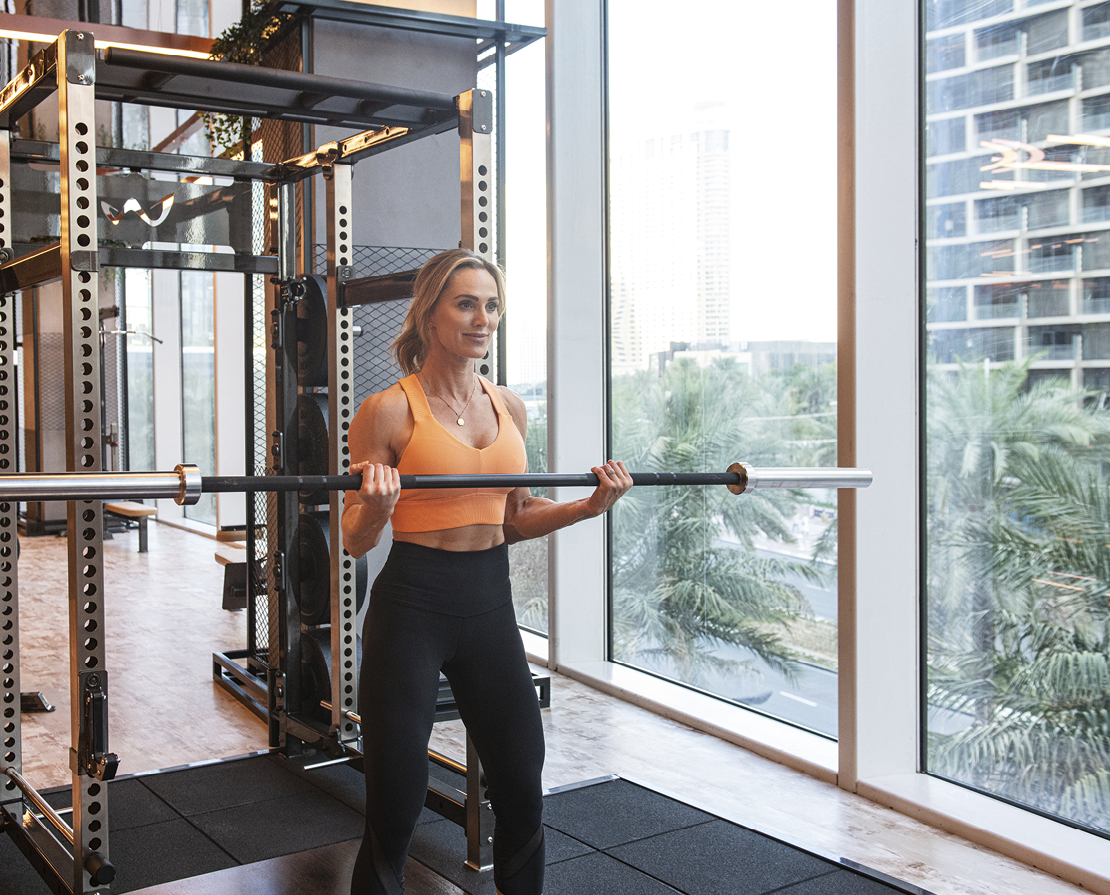
As someone who trained at the highest level, what do you think separates successful athletes – and clients – from those who give up?
Mindset. Doing what needs to be done. Instead of looking for excuses they find solutions. Every time.
How can people set realistic and meaningful fitness goals as they kick off the new year?
Don’t be scared to aim high with your outcome goals. What do you really want? Then break those goals down into performance goals that you want to achieve along the way and then you can set your process goals of what you are going to do every day to achieve the end result. If you give 100 percent and stay consistent, then you’ll get the best results possible and that you can be happy and proud of.
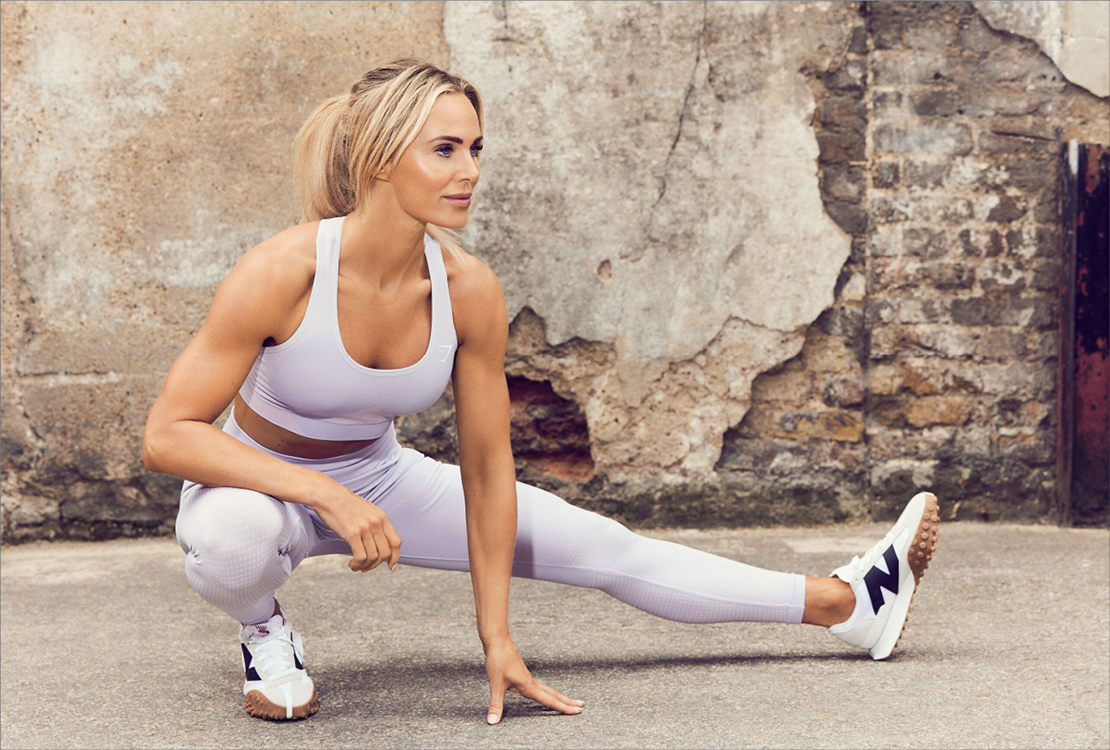
What strategies do you recommend for staying committed to fitness goals beyond January?
You need to do something long enough for it to become a habit. Don’t expect yourself to be motivated every day but get to a point where you do it anyway. Revisit your goals, write them down and remind yourself daily of your why.
How important is flexibility in goal-setting, especially as life and priorities shift throughout the year?
People’s goals change. Sometimes life gets in the way and priorities can shift but as long as you understand that then you can pick your fitness journey back up at any time. It doesn’t have to be all or nothing, life is about navigating what’s important at the time.
Do you think fitness goals should be more holistic, including mental health and lifestyle changes, rather than just weight or appearance?
I will never tell anyone what their goal should or shouldn’t be. All those areas crossover and one will always affect the other. As long as they compliment each other, and no area is suffering, then you are moving in the right direction.
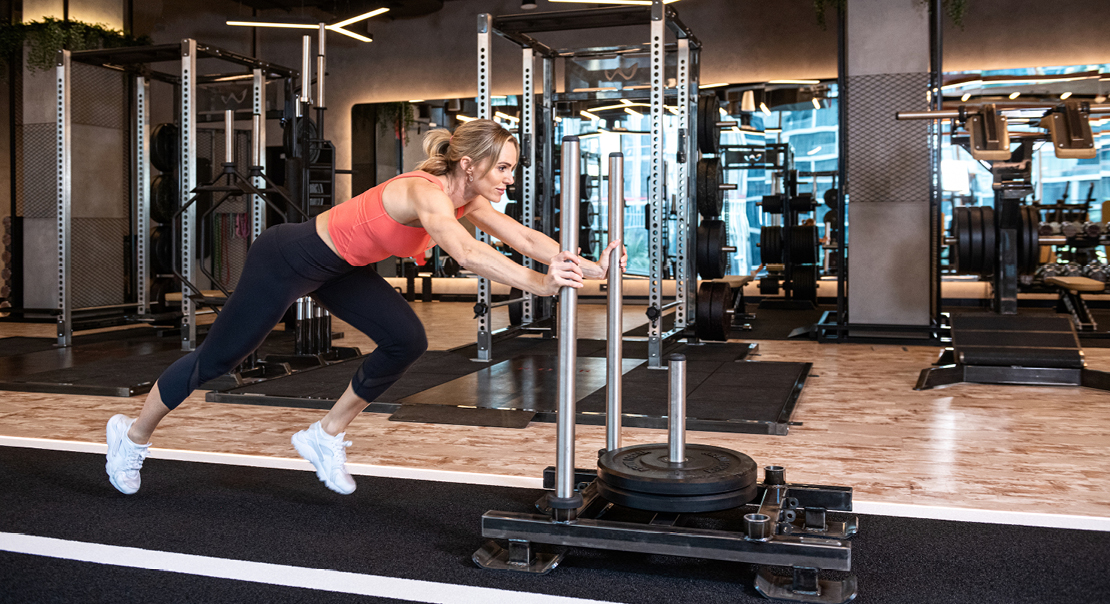
How can someone shift their mindset to see fitness as a lifestyle rather than a chore?
Finding something you enjoy helps but even if you don’t enjoy the doing then you will still enjoy the feeling after. Some of this is mindset. If you change your inner monologue to “I get to” rather than “I have to” and remember how lucky we are to be able to exercise, then it’s far easier to enjoy it.
Do you have specific advice for maintaining balance between work, personal life, and fitness goals?
I think exercise should be a non-negotiable. There’s nothing more important than your health and you deserve to feel good and look after yourself, so somehow you need to make time and that comes down to priorities.
What are your top three tips for staying consistent when motivation fades?
1. Revisit your goals
2. Plan the day before. Set out your clothes. Put it in your diary. Mentally commit.
3. Tell someone so you feel more accountable
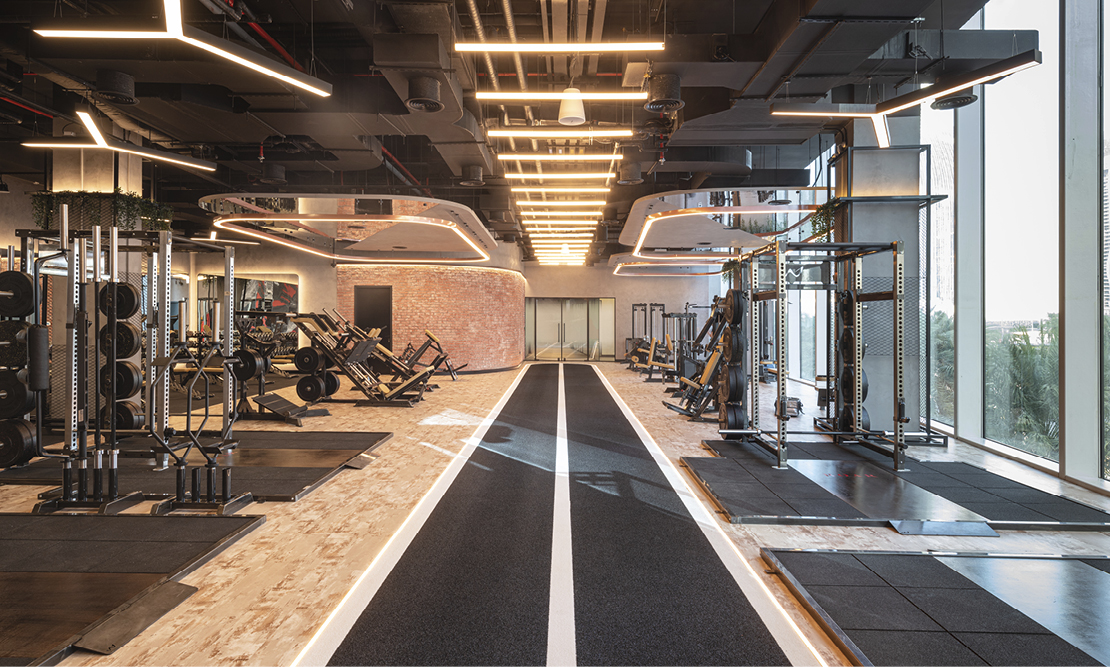
There are so many fitness supplements and vitamins on the market. Are there any you think are worth the hype or regularly use in your daily routine?
It’s difficult to get all your vitamins and minerals from food but without testing you don’t know if you’re deficient in anything. I take a few regular good quality lifestyle supplements as I believe these are always beneficial including collagen, magnesium, zinc, a multi-vitamin and a few others.
Are there any success stories – or one in particular – from your ROAR fitness clients that are particularly memorable for you?
We have trained thousands of clients and have achieved incredible results. For me the most rewarding element of transforming someone physically is the confidence gained. This isn’t just from losing weight but from feeling better. The confidence that can come from feeling physically strong and capable crosses over into other areas of life. The other type of result that is really satisfying is when people come to us either sick or in pain and after a few weeks they are well and pain-free. We’ve had people come off medication, go into remission, eliminate chronic back pain to name a few, which makes me so proud.
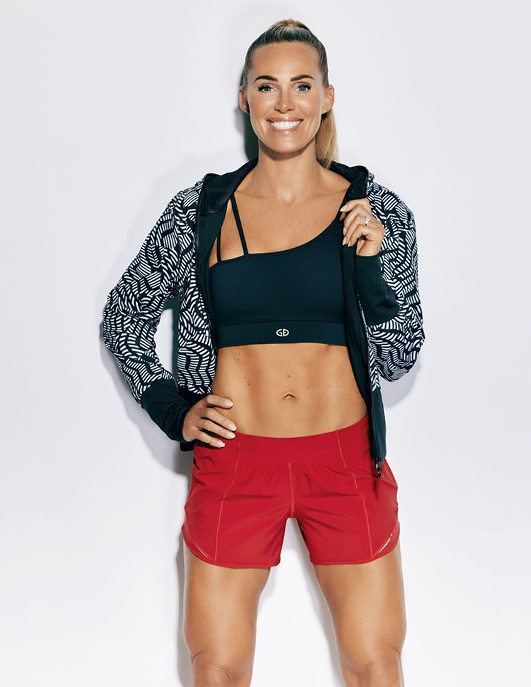
Are there any trends or innovations you predict will shape the fitness world in 2025?
The body will be the same, and the same things will keep working so I never follow trends. I am sure AI will change the fitness space in many ways that we don’t even know yet. As long as people remember that any new idea should assist them and not expect it to do it for them. Convenience is fine, but you still need to put in the work no matter what.
What’s your personal fitness goal for 2025, and how do you plan to achieve it?
I am currently recovering from an accident injury, so I am aiming to be back to full strength and peak fitness by the summer. It’s never fun being injured, but sometimes it reminds me of how much I want to achieve my goal and makes me step up my game.





